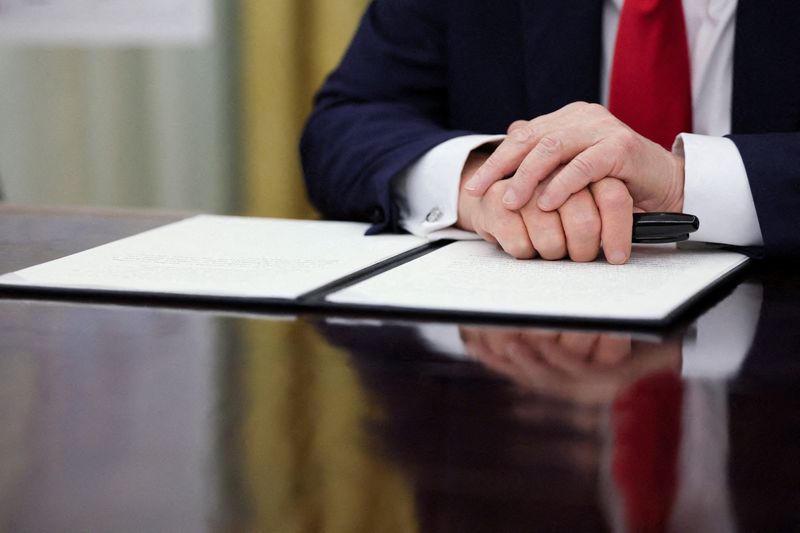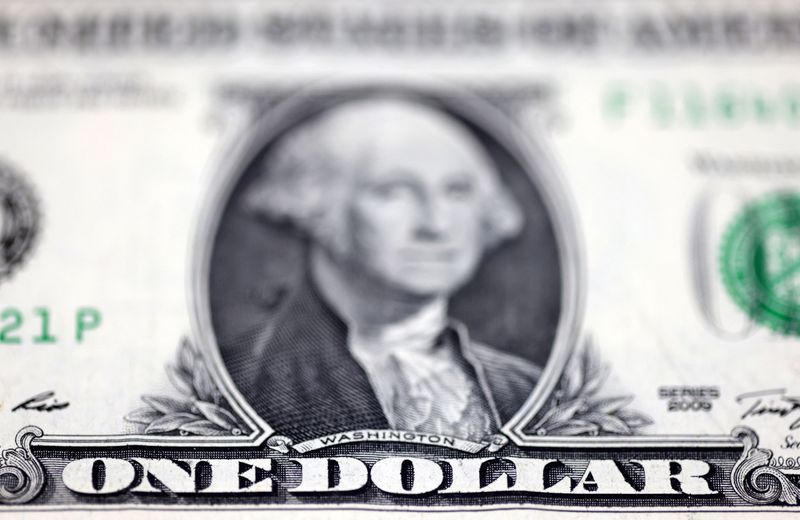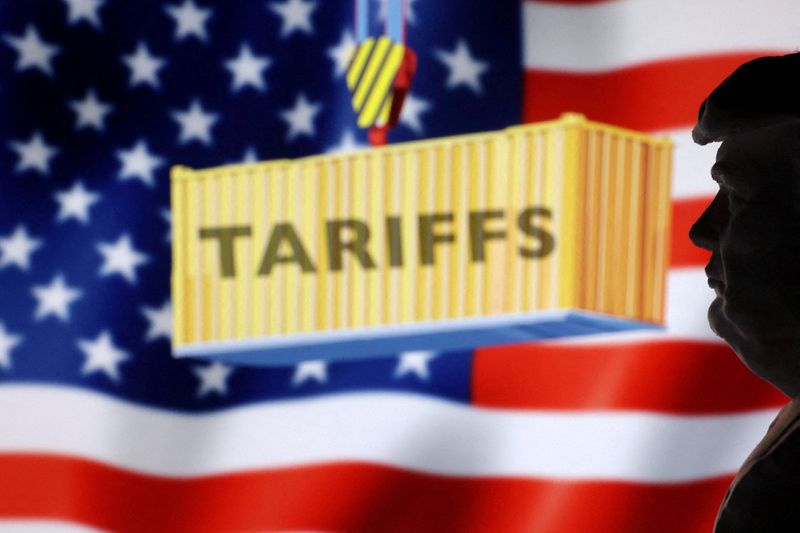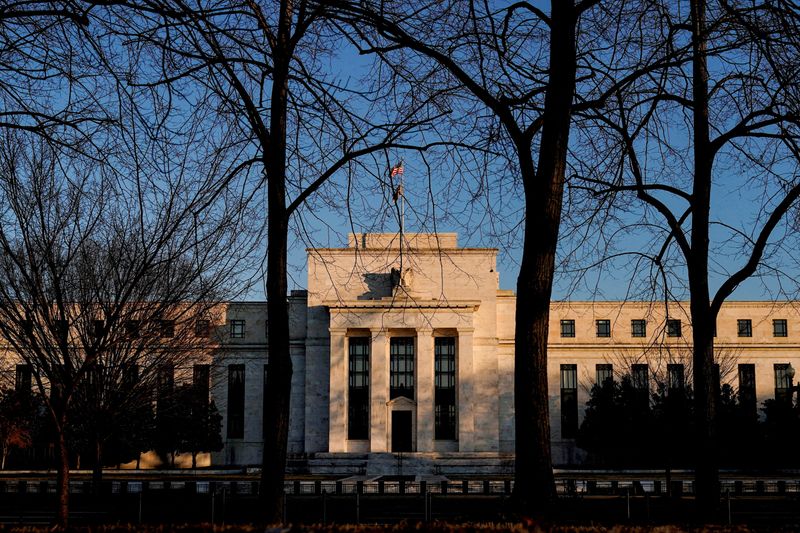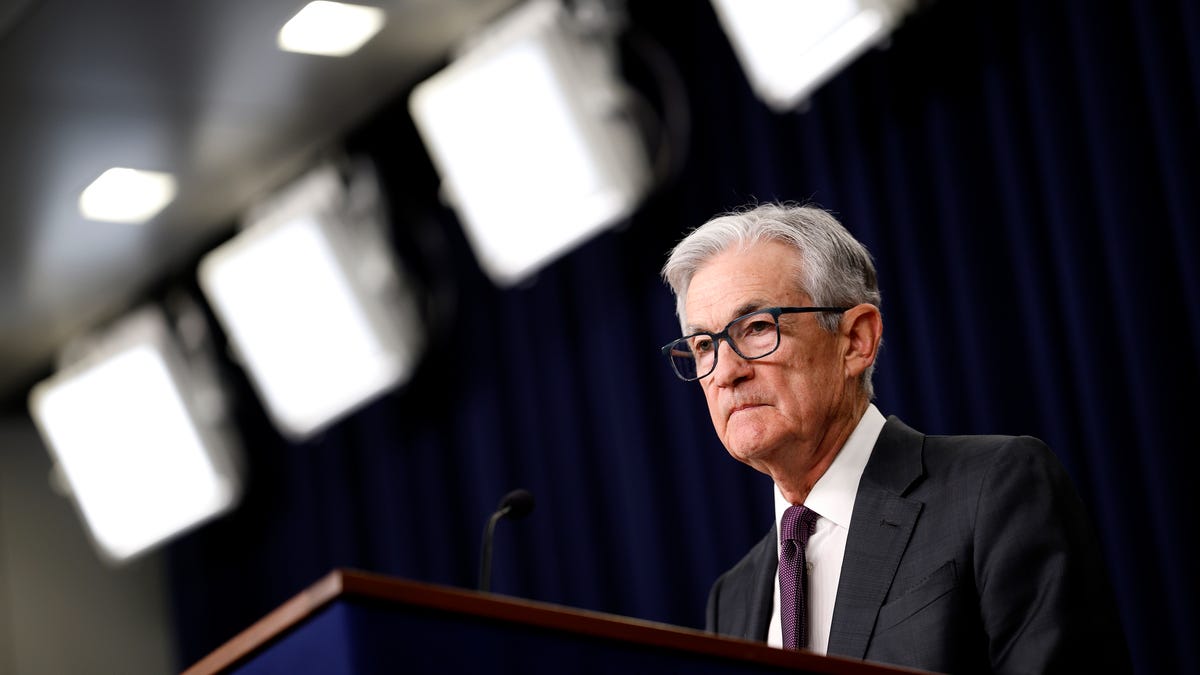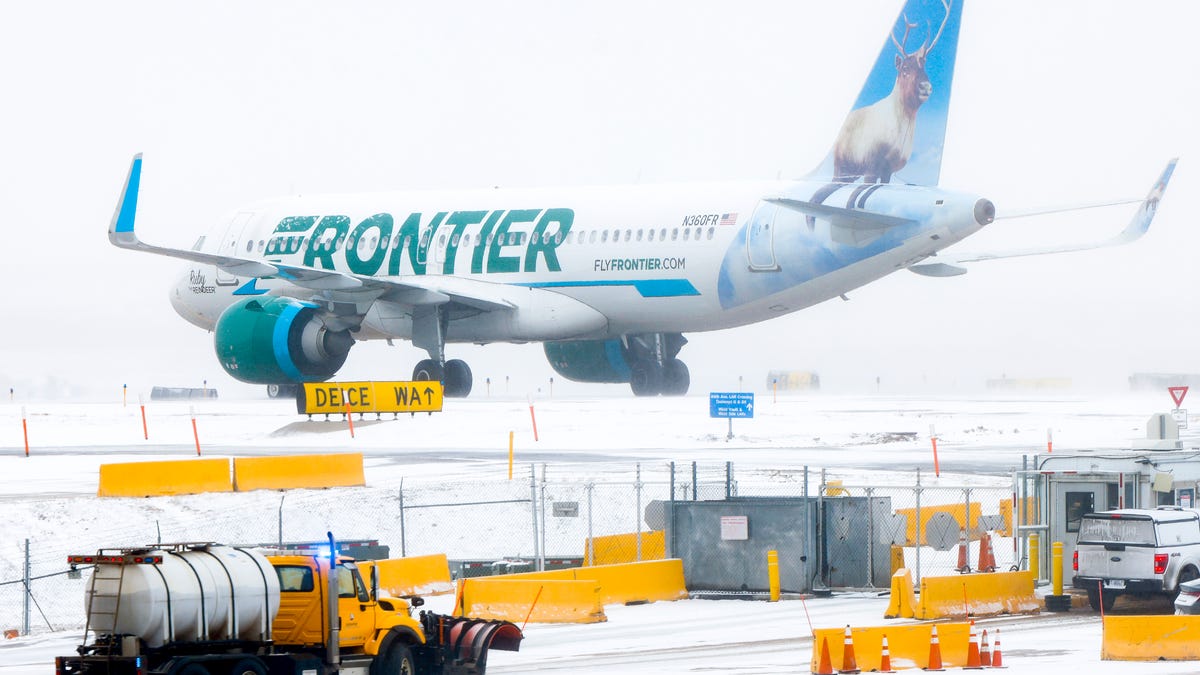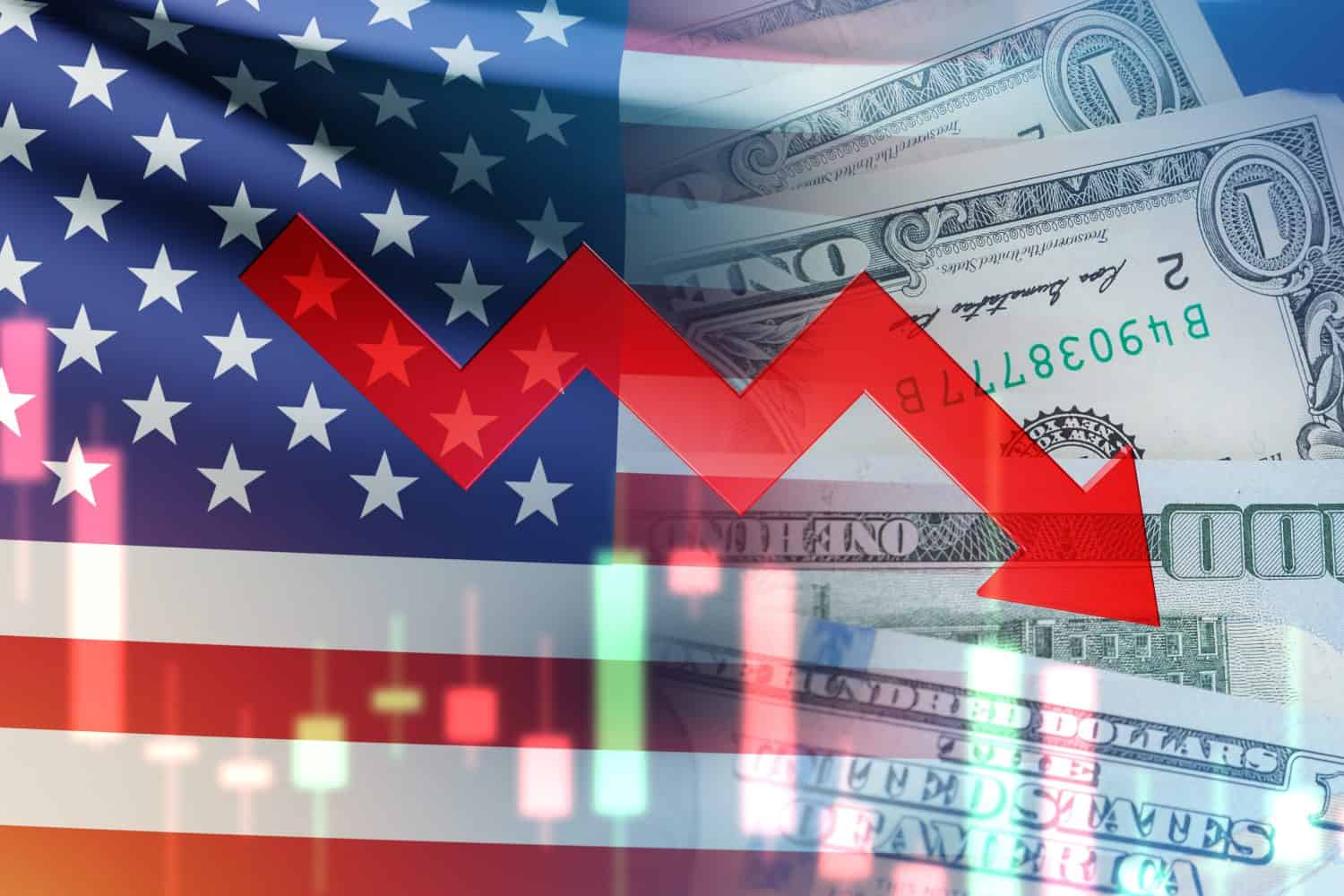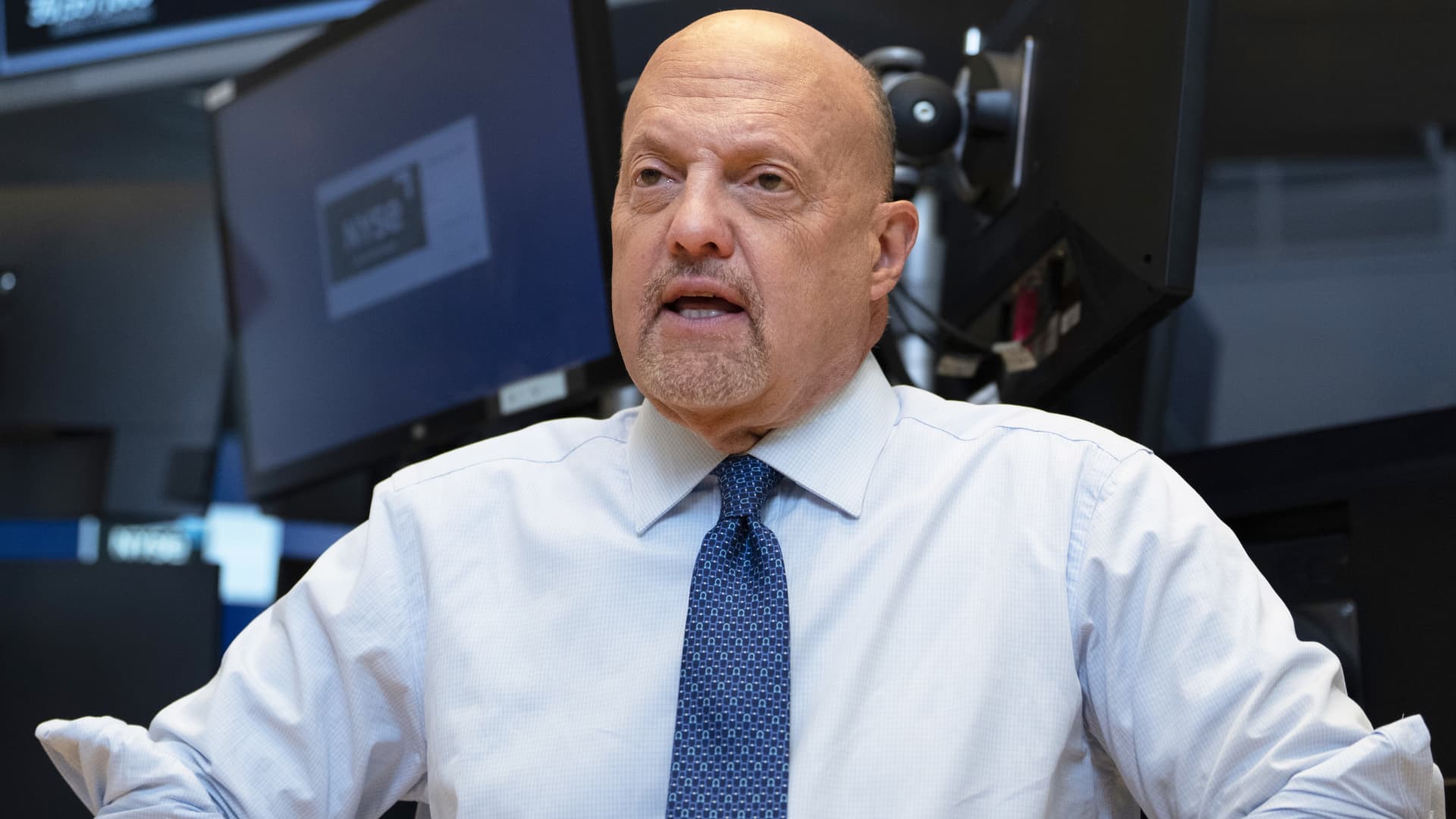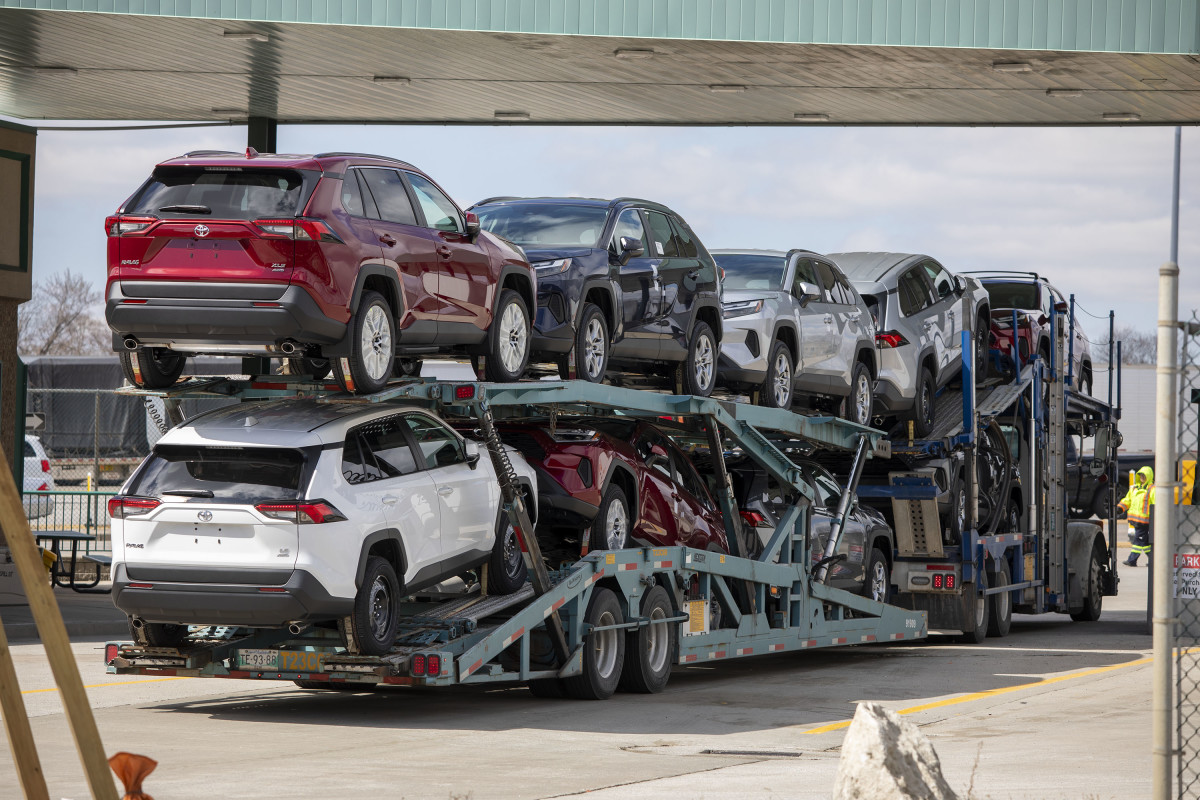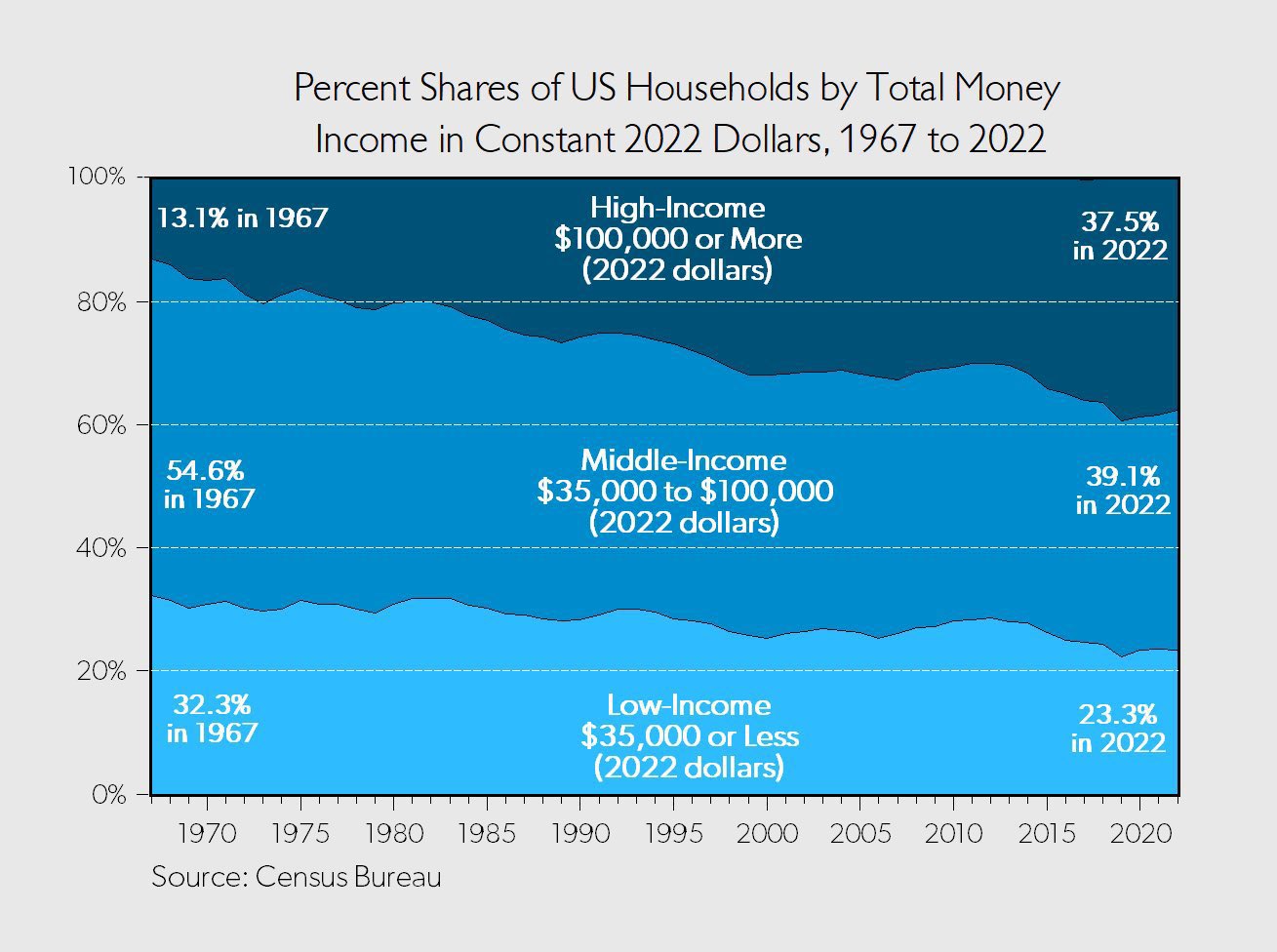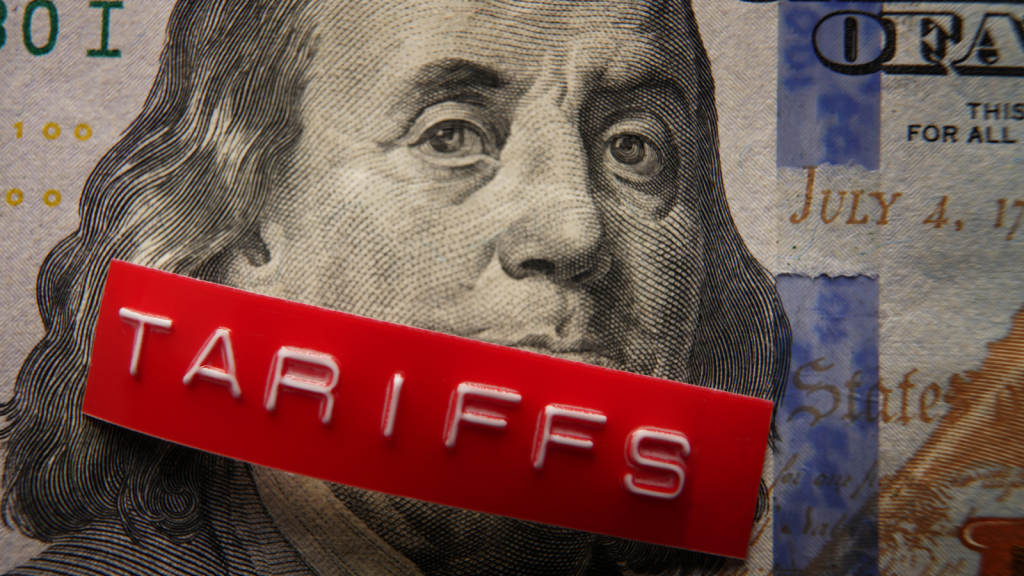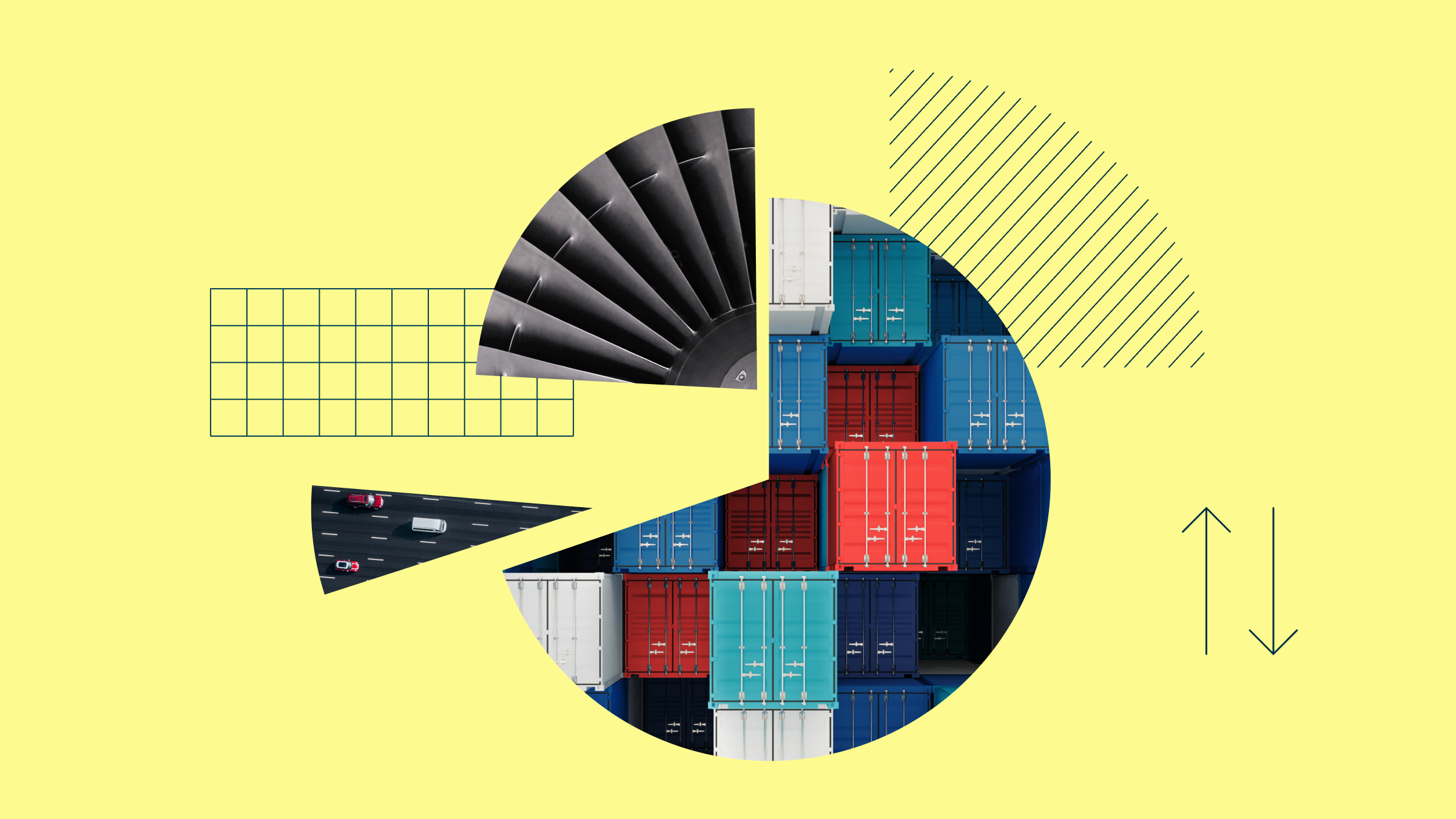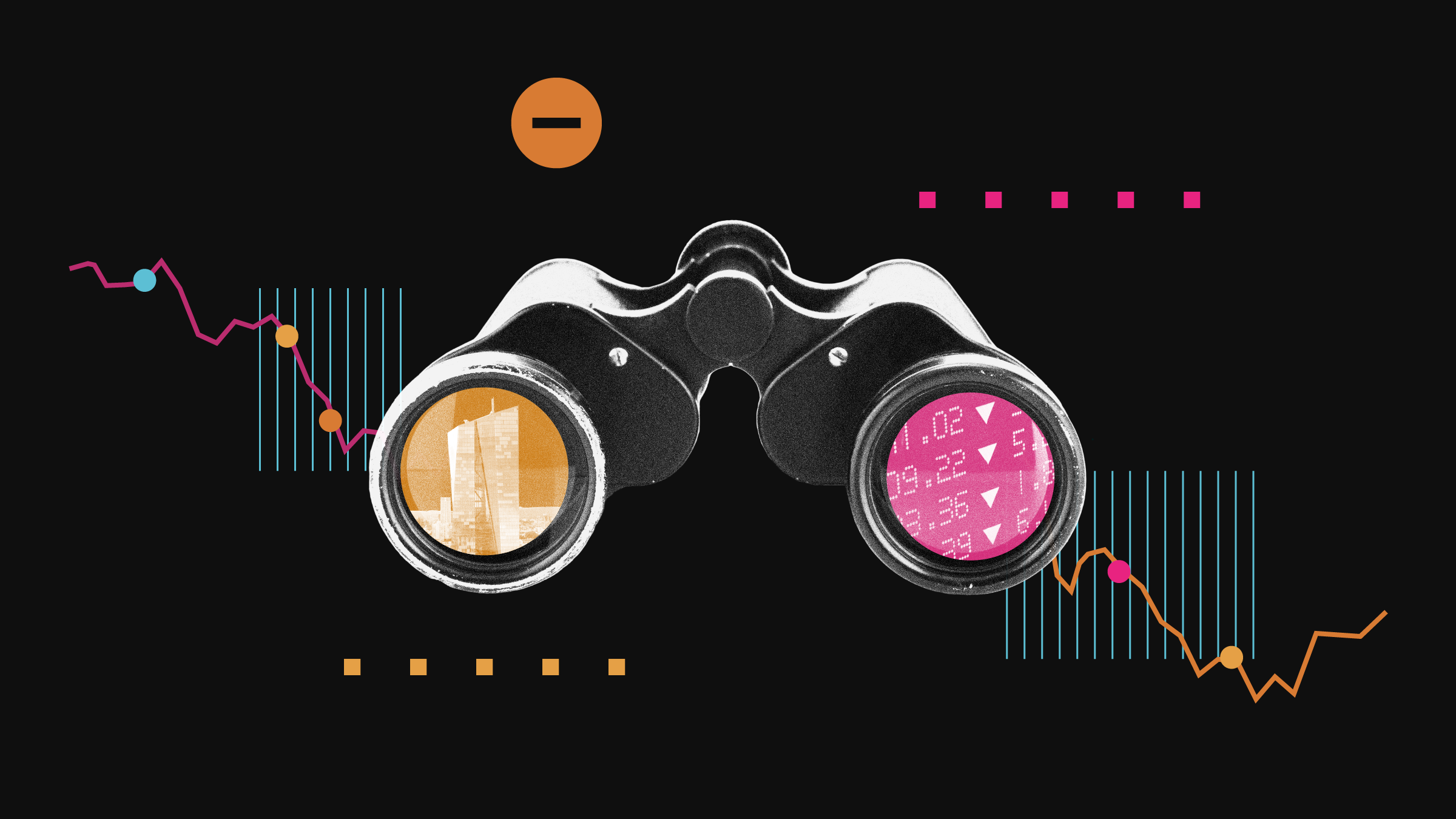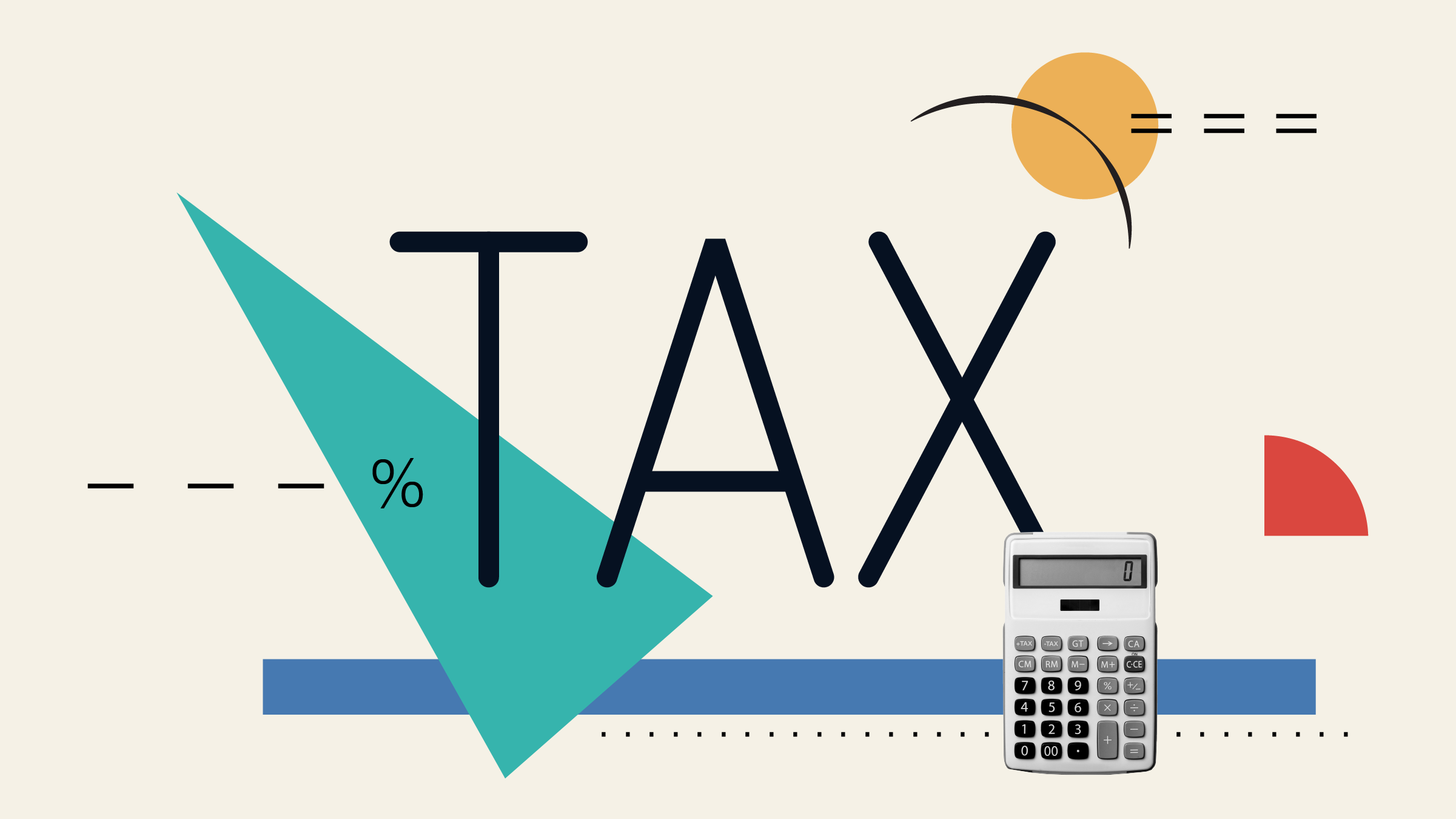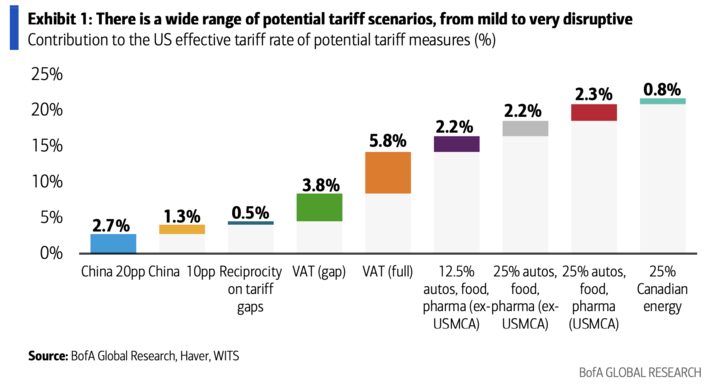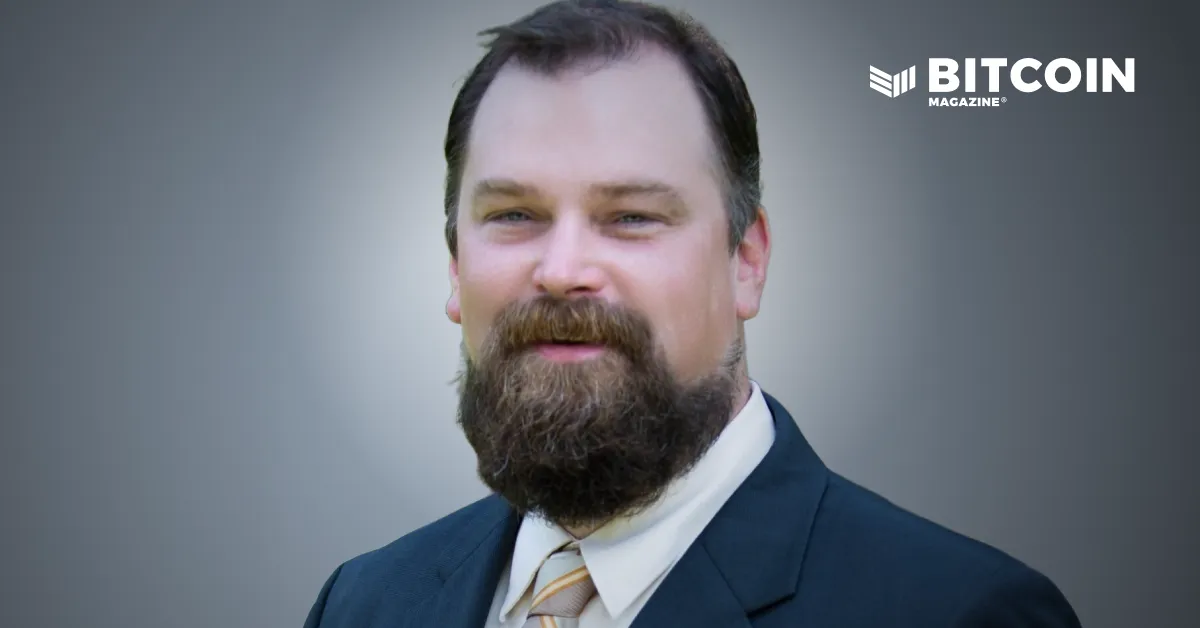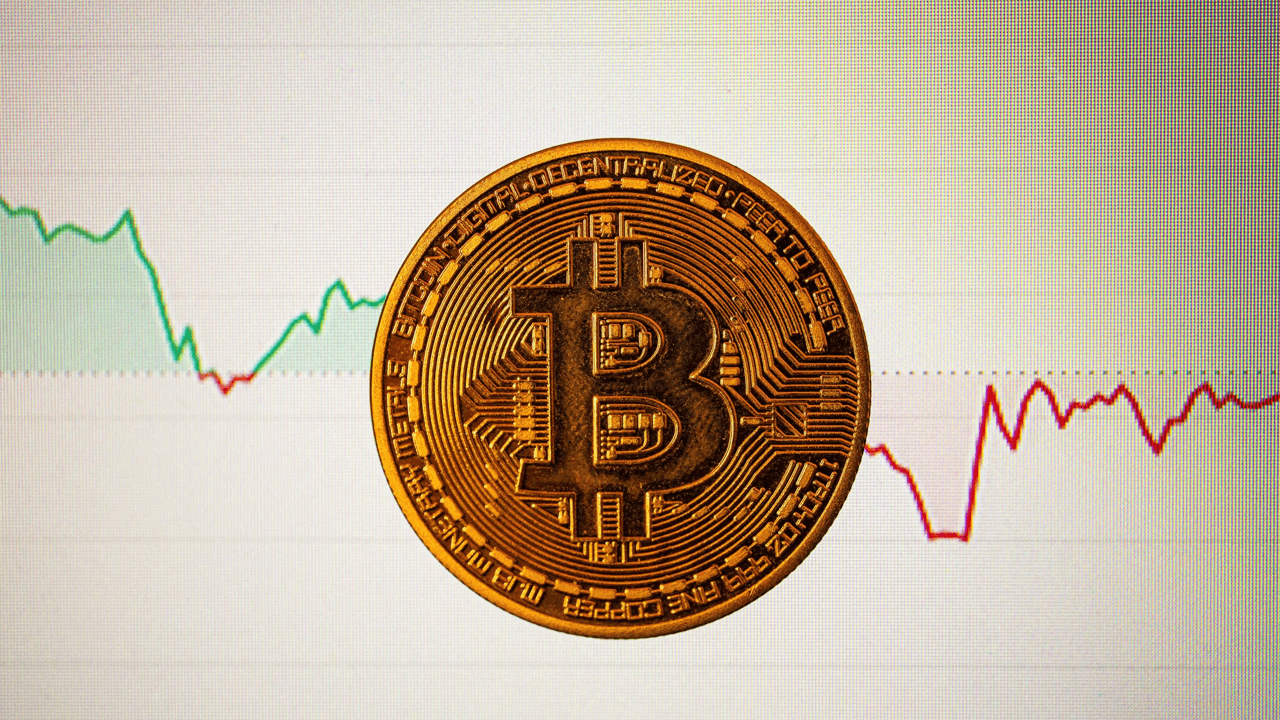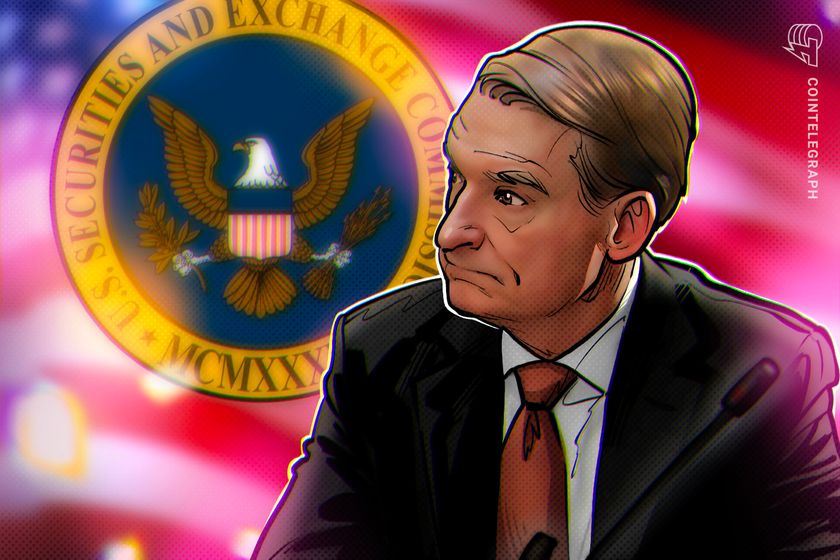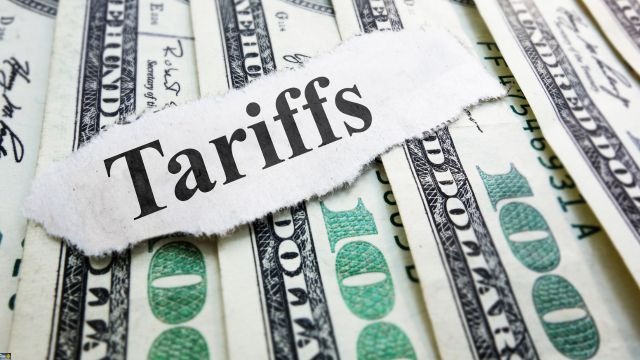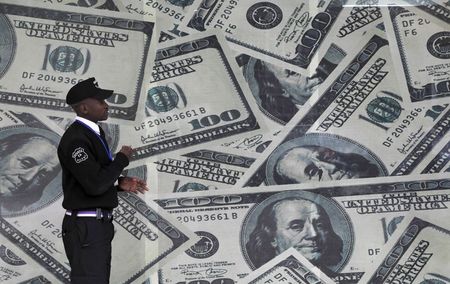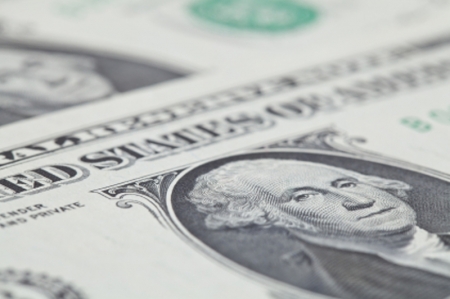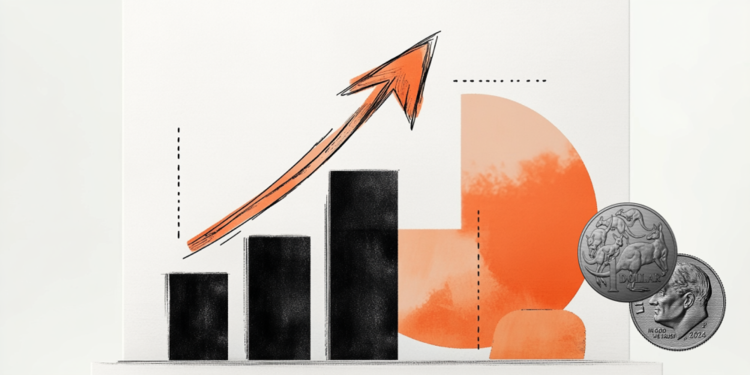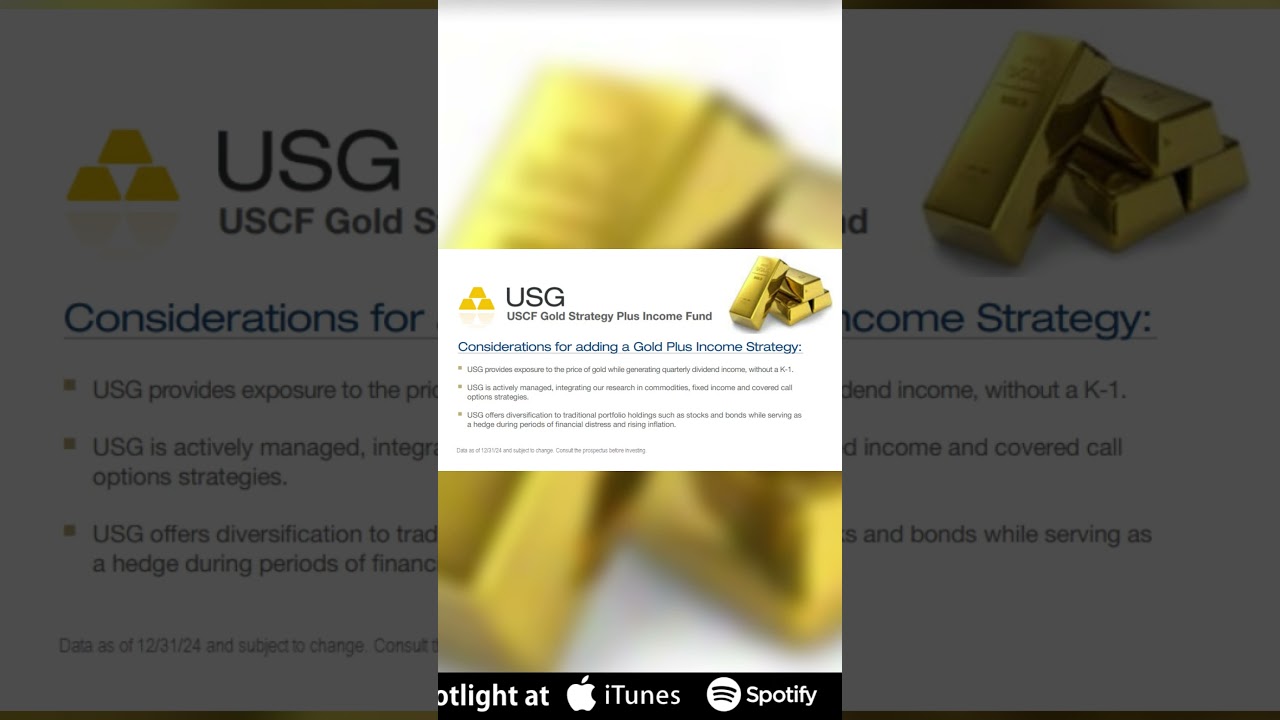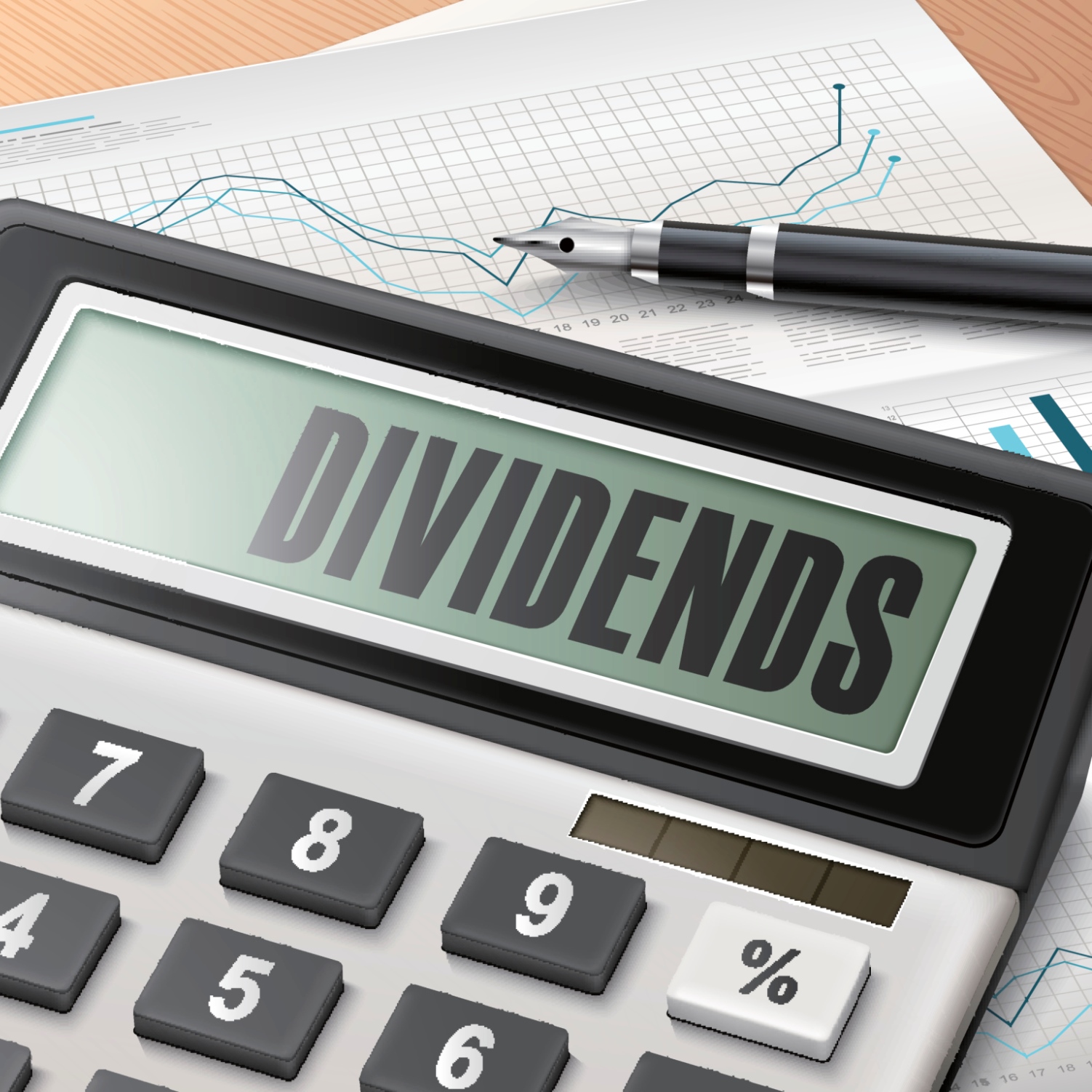My Father Passed Away Leaving $15K in Taxes Owed on His 401k Cash Out—Am I Responsible?
As Benjamin Franklin said, death and taxes are life’s only certainties. And when someone dies, their estate becomes a focal point for grief and financial reckoning. Estates often carry unresolved obligations, like unpaid taxes, which complicate the inheritance process. Executors or heirs must balance their legal duties with personal loss. Life insurance, wills, and retirement […] The post My Father Passed Away Leaving $15K in Taxes Owed on His 401k Cash Out—Am I Responsible? appeared first on 24/7 Wall St..
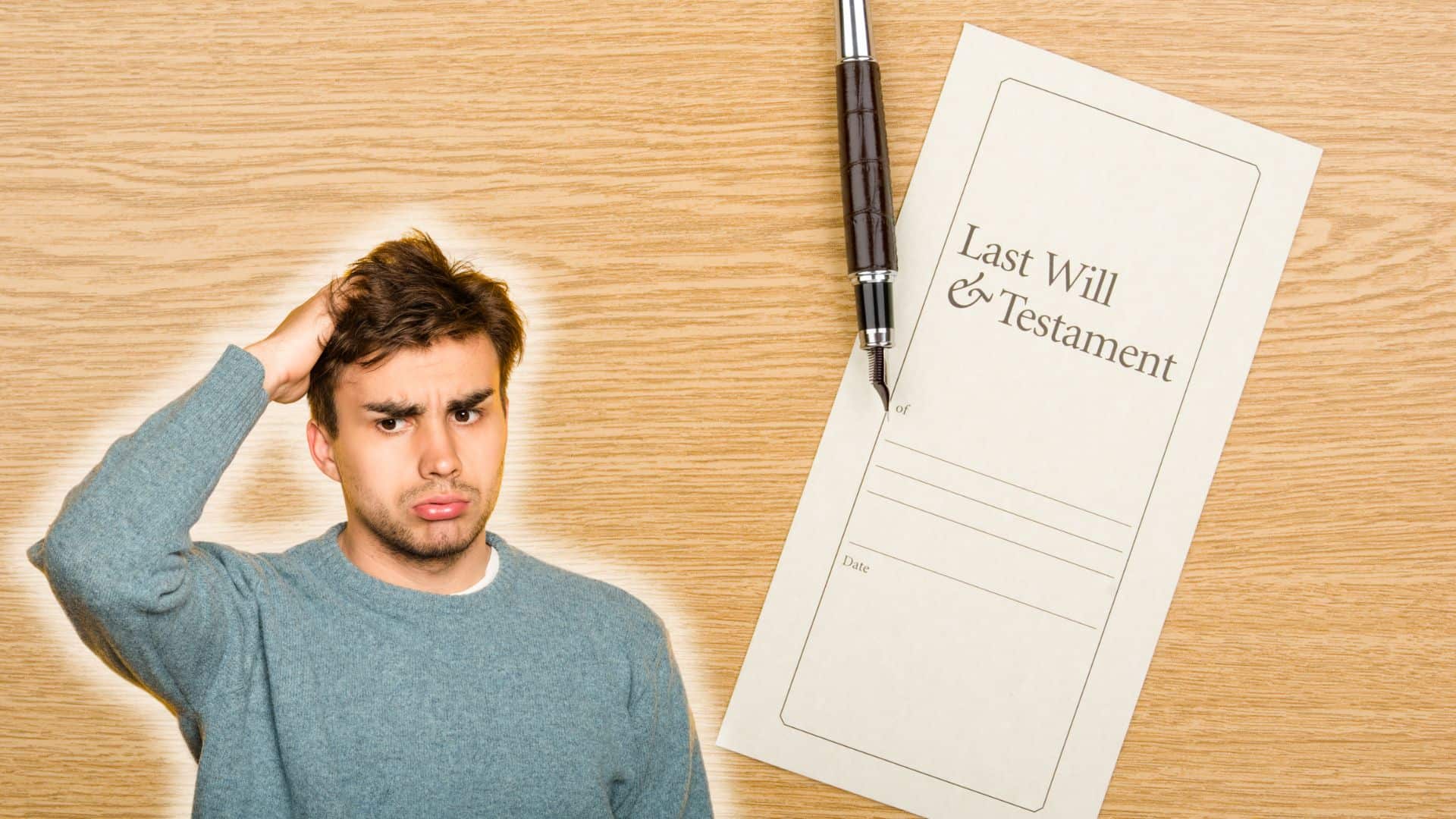
24/7 Wall St. Insights:
-
Death and taxes are an inevitable part of life, and often they will intersect at the worst possible moment, complicating any inheritance.
-
Taxes due by the leftover estate are the obligation of the estate, but heirs may be confused on whether they are personally liable based on distributions they received from it, including homes and life insurance.
-
Consulting with a financial planner and a tax professional when setting up your estate is crucial to preventing unexpected problems for your heirs.
-
Are you ahead, or behind on retirement? SmartAsset’s free tool can match you with a financial advisor in minutes to help you answer that today. Each advisor has been carefully vetted, and must act in your best interests. Don’t waste another minute; get started by clicking here here.(Sponsor)
As Benjamin Franklin said, death and taxes are life’s only certainties. And when someone dies, their estate becomes a focal point for grief and financial reckoning.
Estates often carry unresolved obligations, like unpaid taxes, which complicate the inheritance process. Executors or heirs must balance their legal duties with personal loss.
Life insurance, wills, and retirement accounts often raise questions about who owes what. It is essential to understand these competing demands as they are key to managing the inevitable crossover between mortality and money.
The tax debt dilemma
A Redditor on the r/personalfinance subreddit is finding that out first hand. His father cashed out a 401(k) to clear his home’s mortgage, aiming to secure a legacy for one of his children. The house, now debt-free, was a tangible gift meant to ease the burden of inheritance. But his father’s death revealed a hidden snag: he didn’t pay taxes on the withdrawal, leaving a $15,000 bill with the IRS.
Because this tax was not paid by the time he died, and the estate’s cash reserves were spent covering funeral costs, there are no liquid assets left. The tax office is now demanding the children pay the tax due by April 15.
The IRS views income tax debts like this one as obligations of the estate. When someone withdraws from a 401(k), the distribution is taxable as ordinary income unless rolled over or exempt. Here, the father’s failure to pay the taxes left a liability that transferred to his estate upon death.
Typically, the executor must file a final income tax return for the deceased, reporting the withdrawal and settling the tax owed. Estate assets, like the house, are meant to cover such debts before distribution. But with the estate drained, the question is, do the children owe this personally?
Legal responsibility: estate vs. heirs
Now, I’m not a lawyer or tax professional so this is only my opinion, but legally, children aren’t automatically liable for their parents’ debts, including taxes, unless specific conditions apply. The IRS can’t pursue heirs for income taxes if the estate lacks funds. Creditors, including the government, are limited to what’s left.
Since the estate has no remaining cash, the tax debt should, in theory, go unpaid unless assets like the house are sold. The sibling who inherited the property received it via the will, but accepting it doesn’t automatically make them personally responsible for the tax.
However, the IRS could place a lien on the house if the estate’s tax return isn’t filed or the debt remains unpaid, forcing a sale to recover funds. Unless the children co-signed the 401(k) withdrawal or guaranteed the debt, they are not liable to pay.
Executors have a fiduciary duty to settle estate debts before distributing assets, and disbursing funds for funeral expenses without reserving tax money could complicate matters. If the house was transferred prematurely, the IRS might argue it’s still fair game, but personal liability for the others remains doubtful.
Life insurance: A separate issue
The life insurance payouts the children received aren’t part of the taxable estate under federal law. Life insurance paid directly to named beneficiaries bypasses probate and isn’t subject to estate taxes or creditors’ claims, including the IRS. Those funds are theirs, not the estate’s, and can’t be tapped to cover the tax debt.
The sibling who inherited most of the estate (the house and minor assets) might argue fairness demands splitting the tax burden, but legally, life insurance is separate.
Navigating the fallout
It is not the children’s legal responsibility to pay the $15,000. The estate owes it, and the executor should have prioritized taxes over other expenses. With no cash left, the house — the estate’s primary asset — could be at risk if the IRS pursues collection. The inheriting sibling might need to sell or refinance it to clear the debt, but the others aren’t obligated to help.
Consulting a tax professional or estate attorney is crucial, especially with the April 15 deadline looming. Filing the father’s final return and negotiating with the IRS could provide options, like an installment plan or proving the estate’s insolvency.
This underscores a broader reality: estate planning isn’t just about assets. The father’s intent to gift a paid-off house was noble, but skipping tax planning left his children in a bind. For heirs facing similar situations, the lesson is clear — tie up loose ends, or they’ll unravel when least expected. Death and taxes may be certain, but preparation can soften the blow.
The post My Father Passed Away Leaving $15K in Taxes Owed on His 401k Cash Out—Am I Responsible? appeared first on 24/7 Wall St..


